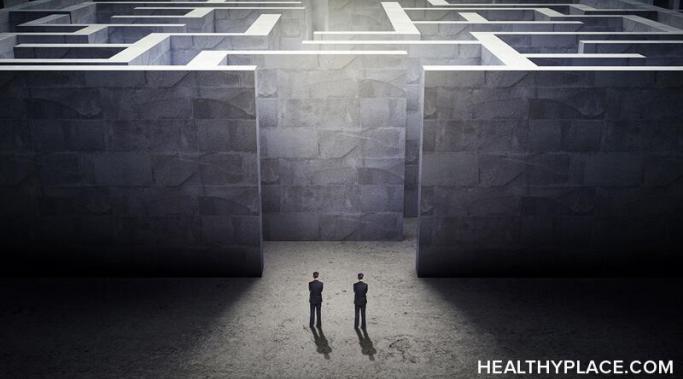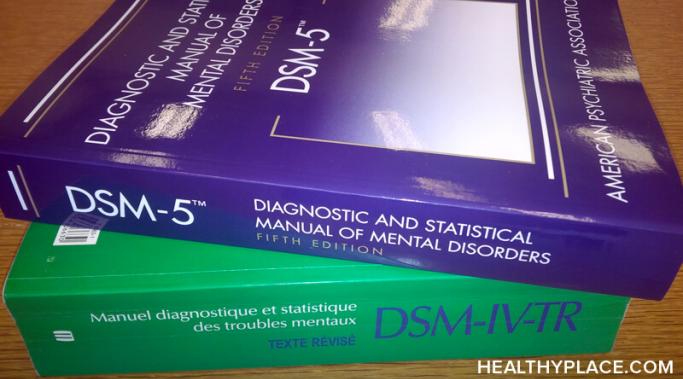I've found that boredom and depression are linked. In high school, I had a teacher who used to say that if you are bored, it is your fault, and you are probably boring. Her harsh words stuck with me, lingering in the back of my mind for years. Since then, I have also come across this toxic opinion in the online world. I have just two things to say to everyone who believes it: this statement is untrue, and when depression hits, boredom is not a choice.
Living With Mental Illness
After years of living with mental illness, I know one thing for sure: I am tired of being mentally ill. They say normal is boring, but I often find myself longing to be neurotypical. Honestly, I wouldn't wish mental illness on my worst enemy. I am so tired of being mentally ill.
Back in college, I believed that finding my purpose in life would bring me mental peace. After graduating as an information technology engineer, I took some time to figure out that my first love, writing, was my purpose. I thought that I had finally figured out my pathway to peace. Little did I know how wrong I was. Here's what I wish I knew about purpose and peace in my 20s.
If you are active on social media, you are probably aware of the "bed rotting" trend. Coined by a TikTok user in 2023, this term has become synonymous with self-care for Generation Z. However, I believe that bed rotting is not an act of self-care because it occurs when getting out of bed feels impossible.
Living with mental illness doesn't make you weak. If anything, it requires immense strength to fight a war in your mind, one that nobody can see. It's stigma that reinforces the idea that mental illness makes you weak.
While randomly browsing the Internet in 2015, I came across a powerful phrase: Be who you needed when you were younger. At the time, I was a recent college graduate who had no idea what to do with her life. As a result, the phrase seemed irrelevant to someone like me. However, knowing what I know now, I am convinced that anyone can live by this motto if they want to. You can be who you needed to be when you were younger.
Forced gratitude happens thanks to the fact that gratitude is trendy -- it's been in for a couple of years now. And whenever something becomes popular, many of us jump on the bandwagon. Of course, it may be that practicing gratitude benefits your mental health. But what if your gratitude isn't genuine but forced? Can it then backfire and harm your mental health? Let's take a look.
Time flies when you are neurodivergent. I know this because I am not neurotypical, given that I have been diagnosed with double depression and generalized anxiety disorder. I am aware that many people do not consider depression and anxiety as neurodiverse conditions. But I do, and my lived experience matters. Plus, my psychiatrist himself told me that having depression and anxiety for years has changed the structure of my brain such that it is different from that of a person without depression and anxiety. So, let's talk about time and neurodivergence.
I have been living with depression for 20 years, and I mean it when I say I'm both a survivor and a victim of depression. What do I mean by this statement? Let's take a look at being a survivor and victim of depression.
"Live one day at a time" is one of my mantras in life. As an individual diagnosed with mental illness (double depression and generalized anxiety disorder), it is harder for me than people without mental illness to live by this mantra. Here's why living one day at a time is hard for people with mental illness.









